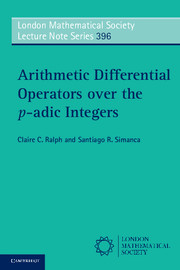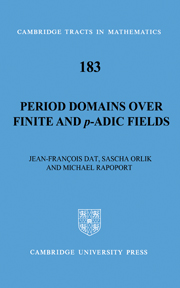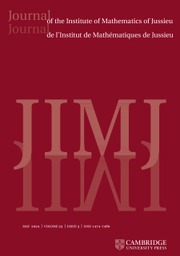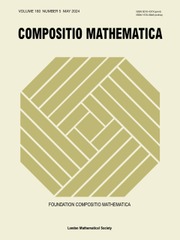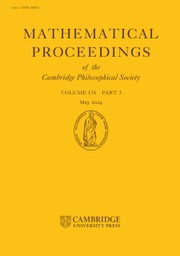p-adic Differential Equations
Now in its second edition, this volume provides a uniquely detailed study of $P$-adic differential equations. Assuming only a graduate-level background in number theory, the text builds the theory from first principles all the way to the frontiers of current research, highlighting analogies and links with the classical theory of ordinary differential equations. The author includes many original results which play a key role in the study of $P$-adic geometry, crystalline cohomology, $P$-adic Hodge theory, perfectoid spaces, and algorithms for L-functions of arithmetic varieties. This updated edition contains five new chapters, which revisit the theory of convergence of solutions of $P$-adic differential equations from a more global viewpoint, introducing the Berkovich analytification of the projective line, defining convergence polygons as functions on the projective line, and deriving a global index theorem in terms of the Laplacian of the convergence polygon.
- Now in its second edition, with five new chapters on global theory
- Contains approximately 200 exercises
- Class-tested by the author
Reviews & endorsements
'… the book under review is unique in the sense that it can serve as a comprehensive introduction to the subject (the monograph assumes just a graduate-level background in algebraic number theory) and as a roadmap for researchers in the area.' Alexander B. Levin, MathSciNet
Product details
August 2022Adobe eBook Reader
9781009275651
0 pages
This ISBN is for an eBook version which is distributed on our behalf by a third party.
Table of Contents
- Preface
- 0. Introductory remarks
- Part I. Tools of $P$-adic Analysis:
- 1. Norms on algebraic structures
- 2. Newton polygons
- 3. Ramification theory
- 4. Matrix analysis
- Part II. Differential Algebra:
- 5. Formalism of differential algebra
- 6. Metric properties of differential modules
- 7. Regular and irregular singularities
- Part III. $P$-adic Differential Equations on Discs and Annuli:
- 8. Rings of functions on discs and annuli
- 9. Radius and generic radius of convergence
- 10. Frobenius pullback and pushforward
- 11. Variation of generic and subsidiary radii
- 12. Decomposition by subsidiary radii
- 13. $P$-adic exponents
- Part IV. Difference Algebra and Frobenius Modules:
- 14. Formalism of difference algebra
- 15. Frobenius modules
- 16. Frobenius modules over the Robba ring
- Part V. Frobenius Structures:
- 17. Frobenius structures on differential modules
- 18. Effective convergence bounds
- 19. Galois representations and differential modules
- Part VI. The $P$-adic Local Monodromy Theorem:
- 20. The $P$-adic local monodromy theorem
- 21. The $P$-adic local monodromy theorem: proof
- 22. $P$-adic monodromy without Frobenius structures
- Part VII. Global Theory:
- 23. Banach rings and their spectra
- 24. The Berkovich projective line
- 25. Convergence polygons
- 26. Index theorems
- 27. Local constancy at type-4 points
- Appendix A: Picard-Fuchs modules
- Appendix B: Rigid cohomology Appendix C: $P$-adic Hodge theory
- References
- Index of notations
- Index.


